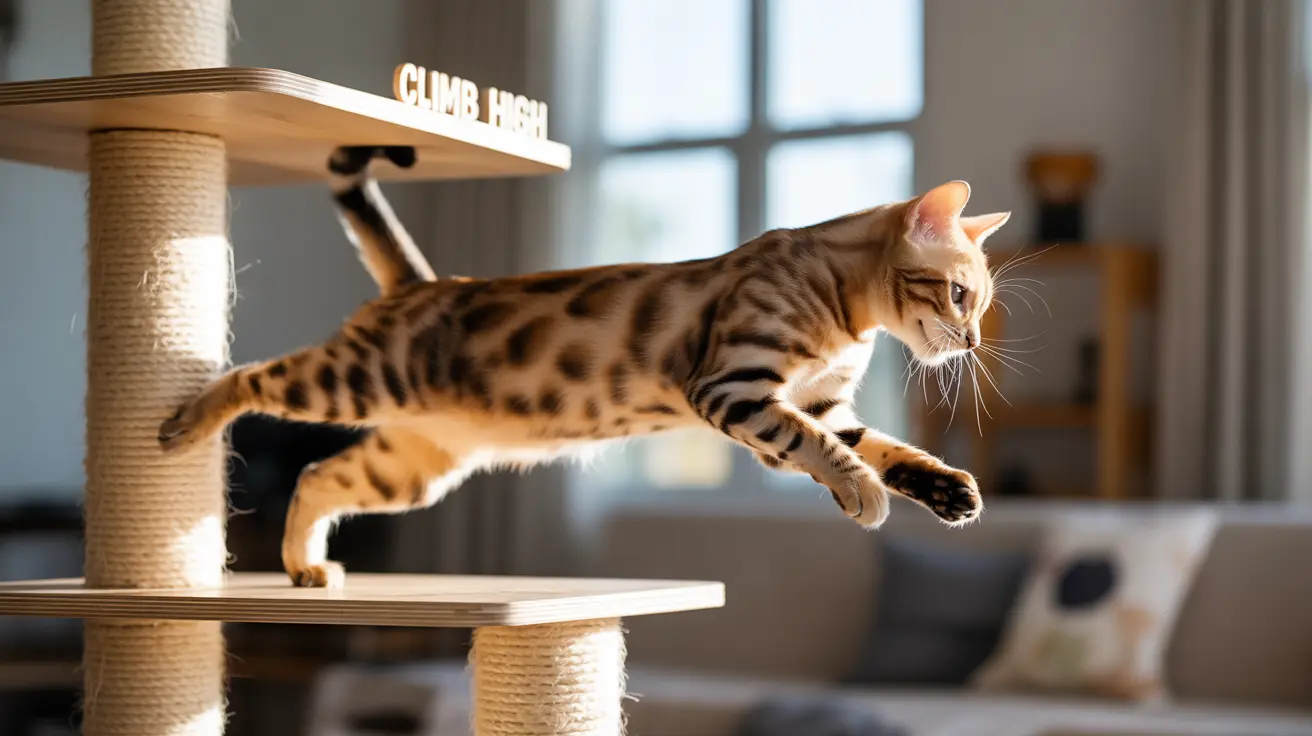Bengal cats, with their striking wild appearance and energetic personalities, have become increasingly popular as pets. Understanding their life expectancy and how to maximize it is crucial for potential and current Bengal owners. This comprehensive guide explores the typical Bengal cat lifespan and the key factors that influence their longevity.
These exotic-looking felines typically live between 12 to 16 years, though with exceptional care, some Bengals can reach up to 20 years of age. Their unique genetic makeup, combining domestic cat genes with those of the Asian leopard cat, contributes to their generally robust health and impressive lifespan potential.
Understanding Bengal Cat Life Expectancy
Several key factors determine how long a Bengal cat will live. While genetics play a significant role, environmental factors and care quality are equally important. Female Bengals often outlive their male counterparts by approximately two years, largely due to their lower susceptibility to certain health conditions.
Genetic Factors and Breeding Impact
The genetic health of Bengal cats starts with responsible breeding practices. Quality breeders conduct thorough health screenings and genetic testing to minimize the risk of hereditary diseases. This careful attention to breeding significantly impacts the potential lifespan of Bengal cats.
Health Considerations Affecting Longevity
Bengal cats can face several breed-specific health challenges that may affect their lifespan:
- Hypertrophic Cardiomyopathy (HCM)
- Progressive Retinal Atrophy (PRA)
- Patellar Luxation
- Feline Infectious Peritonitis (FIP)
- Hip Dysplasia
Maximizing Your Bengal Cat's Lifespan
Nutrition and Diet
Proper nutrition is fundamental to a Bengal cat's longevity. These active cats require a high-protein diet that supports their muscular build and energetic nature. Quality commercial cat food specifically formulated for active breeds, or a veterinarian-approved raw diet, can help maintain optimal health.
Exercise and Environmental Enrichment
Bengals need substantial physical activity and mental stimulation to thrive. Providing climbing structures, interactive toys, and dedicated play sessions helps maintain their physical and mental well-being. A stimulating environment can significantly impact their quality of life and longevity.
Preventive Healthcare
Regular veterinary check-ups, vaccinations, and dental care are essential for early detection and prevention of health issues. Maintaining a consistent healthcare routine can add years to your Bengal's life.
Frequently Asked Questions
What is the typical lifespan of a Bengal cat and how long can they live with proper care?
Bengal cats typically live 12-16 years, though with excellent care, they can reach up to 20 years. Proper nutrition, regular veterinary care, and a stimulating environment are key factors in achieving maximum longevity.
How do genetics and breeding practices affect the lifespan of Bengal cats?
Genetic health and responsible breeding significantly impact lifespan. Reputable breeders conduct health screenings and genetic testing to minimize hereditary diseases, potentially extending the cat's life expectancy.
What type of diet and nutrition is best to maximize a Bengal cat's longevity?
A high-protein diet specifically formulated for active breeds is ideal. Quality commercial cat food or veterinarian-approved raw diets can support their nutritional needs and promote longevity.
Which common health issues should Bengal cat owners watch for to ensure a longer life?
Monitor for signs of HCM, PRA, patellar luxation, and digestive issues. Regular veterinary check-ups help detect these conditions early, improving treatment outcomes.
What environmental and lifestyle factors can help extend the lifespan of Bengal cats?
Provide plenty of exercise opportunities, mental stimulation, and a stress-free environment. Regular play sessions, climbing structures, and interactive toys contribute to their overall well-being and longevity.
Ensuring a long and healthy life for your Bengal cat requires dedication to proper care, nutrition, and preventive health measures. By understanding and addressing their unique needs, owners can help their Bengal companions achieve their full lifespan potential.






